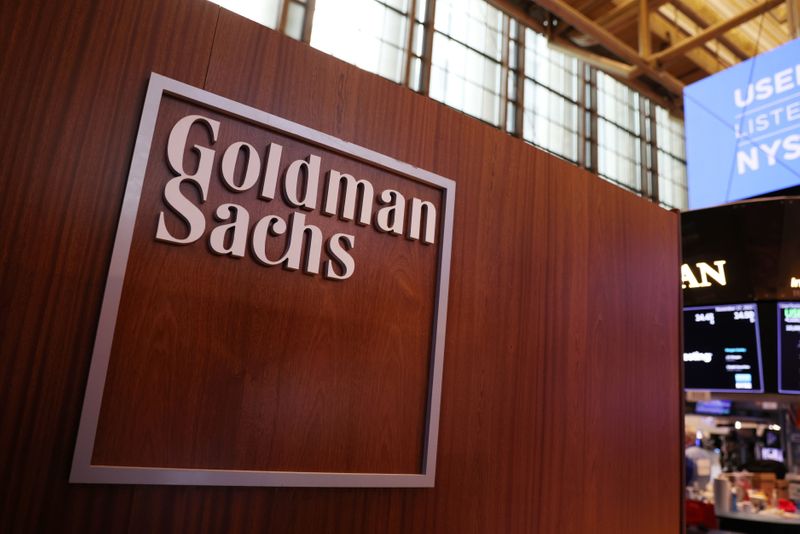The Federal Reserve’s recent decision to maintain record-high interest rates, the highest in over 20 years, has triggered significant market reactions including some of the most substantial treasury yields seen in more than 15 years. This decision, announced on Monday, suggests a sustained period of high rates, causing apprehension about the forthcoming fiscal year.
In addition to these developments, there has been a rise in oil prices since late June due to output reductions by OPEC+ and independent supply constraints from Saudi Arabia and Russia. This increase has led to a surge in gasoline prices, with the national average for gasoline now at $3.85, nearing its peak for 2023. The rise in oil prices is exerting direct pressure on American consumers.
However, Goldman Sachs analysts view this surge in oil prices as a manageable concern. Jan Hatzius, Goldman Sachs’ chief economist, stated that he does not anticipate a significant impact on American consumers or the nation’s gross domestic product (GDP). Hatzius expects consumption growth to slow down in the fall and winter seasons but does not foresee a drop in consumer spending or GDP due to the oil price hike.
The Goldman Sachs team argues that the current increase in oil prices is relatively minor compared to those seen in 2008 and the first half of 2022. They suggest that potential negative effects on GDP could be partially offset by increased capital expenditure from the energy sector and lower electricity costs resulting from decreased coal and prices this year.
The analysts also believe it is unlikely that the Federal Reserve will tighten policy in response to these oil price hikes as core inflation and inflation expectations are currently on a downward trend. Hatzius predicts that shifts in energy prices will lead to a 0.3% annualized reduction in GDP growth and a 0.5% annualized decrease in consumption growth over the next two quarters.
Given these assessments, Goldman Sachs analysts have adjusted their GDP projections for the fourth quarter of 2023 and the first quarter of 2024. They have reduced their forecasts by 0.4 and 0.2 percentage points, respectively, bringing them to +0.7% and +1.9%.
This article was generated with the support of AI and reviewed by an editor. For more information see our T&C.
Read the full article here




